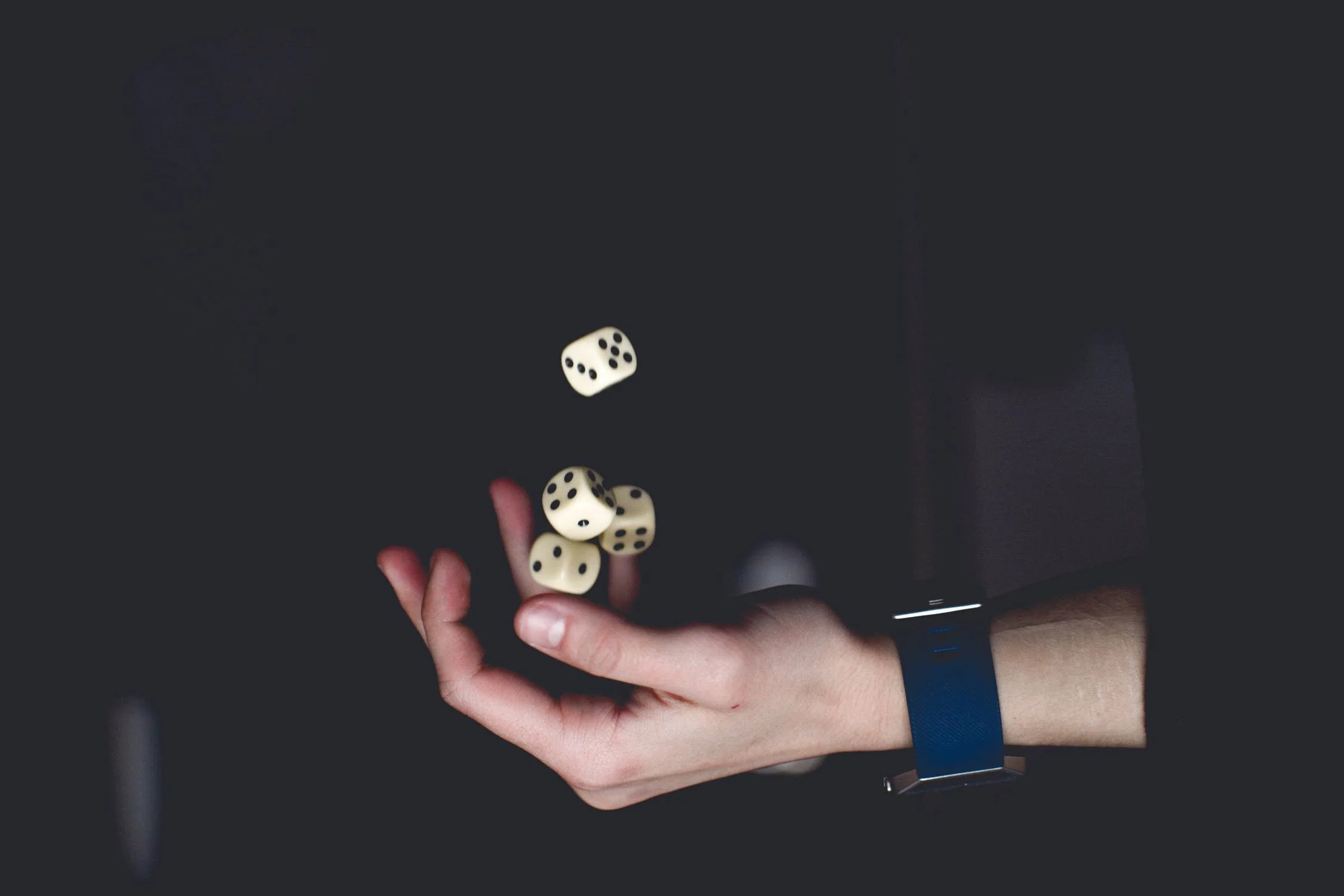Why D&D?
Many People ask why play Dungeons and Dragons and what are the benefits? Here are just some of the benefits for adults and young people playing roleplay games.
Benefits of D&D?
· Improved social skills with peers
· Increased self-esteem and self-confidence
· Ability to express yourself and your needs assertively
· Improved impulse control and practice with turn-taking
· Stronger creative thinking and problem-solving skills
Why is it important for young people and children and young people?
Creativity and Social Co-operation:
As children play D&D, they’re stretching some serious creative muscles and putting their imaginations to the test as they battle Half-Orcs, cast Invisibility spells, and come up with inventive solutions to hairy situations. It’s also a blast to play together with friends, and as the campaign progresses, opportunities for collaboration and conflict resolution pop up — more great skills for children to develop.
The game also provides children with the ability to explore right and wrong. When developing characters, you get to pick a “moral alignment” — examples include Chaotic Good, True Neutral, and Lawful Evil (although the game is designed to discourage players from choosing Evil alignments). These alignments guide a character’s behaviour throughout the campaign, and the clash of different moral codes ultimately influences the development of the game.
Reviews from our young people.
This is especially true during crisis situations — in the thick of battle, for example — when players have to negotiate competing interests and desires. This gives children a safe way to practice standing up for themselves, working with allies, and overcoming interpersonal obstacles, which in turn prepares them to handle challenging situations in the real world.
Literacy:
Even if you are not the Dungeon Master, getting into these games often requires players read a lot of rules, and there’s often a journaling aspect for recording what’s going on.
Maths:
When you get punched by an orc or discover a potion, you will keep track of your character’s health points and magic use by adding and subtracting.
Probability and Game Theory:
If you’re rolling dice to determine whether you can jump over a bottomless pit, you want to know if the odds are on your side.




